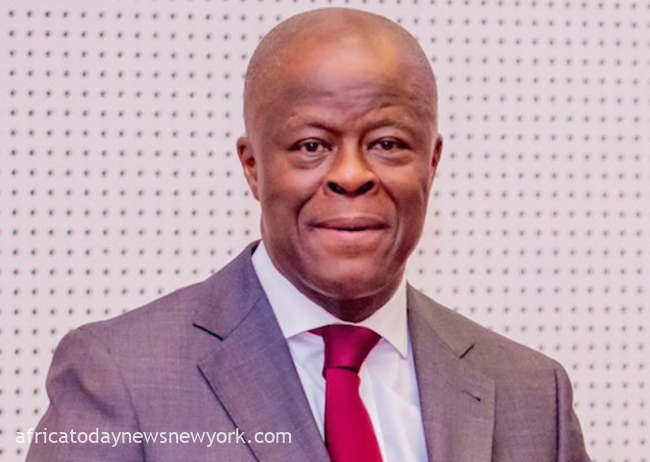Nigeria’s Minister of Finance and Coordinating Minister of the Economy, Wale Edun has claimed that foreign Direct Investments into Nigeria fell by $19bn in 10 years, from $22.7bn in 2014 to $3.7bn in 2023.
This was contained in a presentation made by Edun, to top business leaders in Lagos yesterday.
The minister discussed the main concerns facing the economy and the steps the government was taking to address them during the presentation, which was given in front of influential business executives at the Lagos Business School Breakfast Club.
The Lagos Business School Breakfast Club provides an avenue for C-suite executives to gain access to high-quality intelligence about the operating business environment, without expending much of their most scarce resource- time.
Scheduled for the first Wednesday of every month, the one-hour meeting opens with a presentation of the economic outlook for the month, followed by a presentation by a special guest drawn from either the business community or the government.
The primary objectives of the Breakfast Club include showing the nature of available opportunities or affording a better understanding of current issues.
Participation extends beyond the business community. The Breakfast Club draws attendance from members of the diplomatic community, development partners and government officials. The monthly sessions, therefore, provide opportunities to share experiences and strengthen networks.
Read Also: Nigerian Economy Has Recorded Over $1.5bn Inflow In Days -CBN
According to Edun, the kernel of the Federal Government’s economic reforms aims to boost forex supply through increased Foreign Direct Investments and Foreign Portfolio Investments.
In his presentation, Edun noted that Foreign Direct Investments in Nigeria in 2014 stood at $22.7bn. It reduced to $14.4bn the following year and to $10.4 in 2016.
In the succeeding years, FDI continued to take a downward trend, reducing to $9.8bn in 2017. It increased slightly to $11.9bn in 2018 but fell once more to $9.2bn in 2019.
In 2020, FDI in the country once again recorded a marginal increase to $10.2bn. By the following year (2021), it recorded a significant drop to $6.9bn. It fell again to $4.6bn in 2022 and before recording another drop to $3.7 in 2023.
At the meeting, Edun also announced plans by the Federal Government to issue domestic bonds denominated in foreign currency in the second quarter of this year.
The move came amidst plans by the government to attract additional foreign exchange inflows to stabilise its currency.
He said, “Because of lack of faith in the currency, have decided to try to hold and save in dollars.
“All the funds in the diaspora, we are targeting them. There are all these funds that you have brought into your (local foreign currency) accounts, we are targeting them”
In February, the Minister of Trade, Industry and Investment, Doris Uuzoka-Anite, said that Nigeria attracted $30bn worth of investments during President Bola Tinubu’s first eight months in office.
Anite, speaking at a press briefing organised by the Ministry of Information, claimed that $30bn in investment commitments were attracted across various sectors of the economy.
She clarified that these represent promises from investors, not immediate cash injections and that the actual financial inflow would be spread between five and eight years.
Additionally, she listed the investments arriving in various forms, including in equipment and direct investments in manufacturing facilities.
